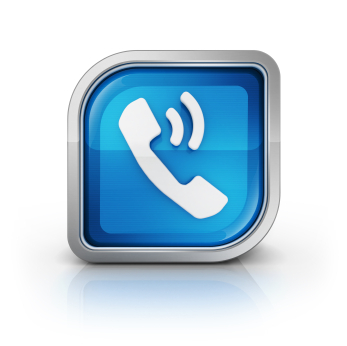 On October 16th, new rules from the FCC went into effect in an attempt to further curb telemarketing calls. The TCPA (originally passed in 1991) allows consumers to file lawsuits for receiving unsolicited telemarketing calls, faxes, texts, autodialed calls, etc.
On October 16th, new rules from the FCC went into effect in an attempt to further curb telemarketing calls. The TCPA (originally passed in 1991) allows consumers to file lawsuits for receiving unsolicited telemarketing calls, faxes, texts, autodialed calls, etc.
What’s changed is that “prior express written consent” is now required by companies, even if they have an “established business relationship” with consumers. That is, unless the calls are purely informational, in which case they’re exempt. (I’m sure we can all breathe a sign of relief that politicians can continue to invest in robocall campaigns …)
For companies that offer call-backs, “prior express written consent” sounds fairly daunting. I’m continually asked, “Does this mean that we literally have to get written consent if somebody wants a call-back?” The answer, thankfully, is no.
The E-SIGN Act
Luckily, in 2010, Congress passed a law facilitating the use of electronic signatures in digital commerce. It turns out that E-SIGN, a clever acronym for “Electronic Signatures in Global and National Commerce”, satisfies the requirement here for express written consent.
According to the FCC, permission obtained via “email, website form, text message, telephone keypress, or voice recording” is acceptable.
This is great news, as it doesn’t impose unreasonable restrictions for consumers that want to accept call-back offers, or use click-to-call or true Web Call-Back (formerly Visual IVR) solutions. A key press, mouse click or smartphone tap will do.
The burden is, of course, on companies to keep suitable records of such consent, however most companies readily keep these kinds of logs for extended periods.
Hopefully my free legal advice on the matter is worth more than you paid for it 😉

Discover the Contact Center Trends That Matter in 2024
Dig into industry trends and discover the changes that matter to your business in the year ahead.